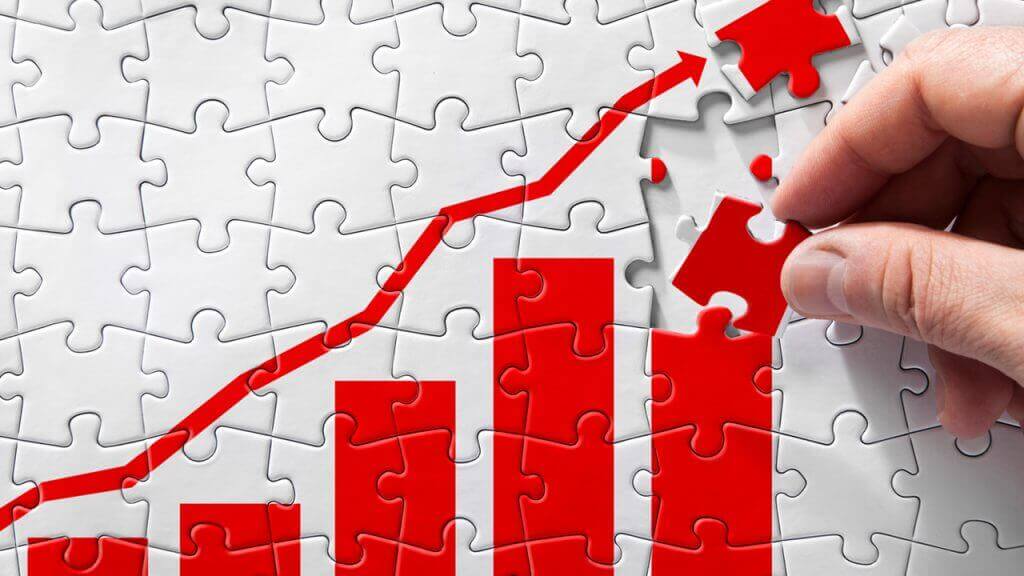
Hotel forecasting plays a vital role in strategic decision-making, shaping both the short and long-term success of a property or portfolio.
NB: This is an article from STR
Subscribe to our weekly newsletter and stay up to date
By understanding the key components and dynamics of accurate forecasting, hoteliers can implement more effective strategies, optimizing efficiency and maximizing profitability.
The elements of hotel forecasting
Quantitative aspects:
- Hotel metrics: Top-line performance indicators such as occupancy, average daily rate (ADR), revenue per available room (RevPAR) serve as a foundational element of forecasting.
- Macroeconomic variables: Including economic predictors, such as Gross Domestic Product (GDP), inflation rates, and unemployment rates, can boost forecast performance by capturing underlying causes of performance movements.
- Econometric models: There are multiple model designs for different types of forecasts:
- seasonal (STL Decomposition, Holt-Winters)
- classical (ARIMA and Multivariable Linear Regression)
- more advanced methods (Gradient Boosting and Decision Trees)
Qualitative aspects:
- Market insights: This incorporates non-numerical data, such as market trends and specific economic conditions from market analysts. This is important for factoring customer behavior and emerging trends.
- Expert opinions: Engages insights from hotel management and operational staff to understand local market dynamics. Just as leveraging market analyst input is valuable, there’s no replacement for the firsthand insights provided by those directly involved in day-to-day operations. Their on-the-ground perspective can offer critical information that complements data-driven analysis.
- Scenario planning: There are numerous situations, both economic changes and “black swan” events, where there is benefit to anticipating different market conditions. This serves to understand potential risks and opportunities that may not be evident through data alone.
Reasons for hotel forecasting
Effective hotel forecasting provides multiple benefits, not only with strategic planning, but also at the operational level. These benefits are widespread and include:
Refined revenue management: Forecasting allows hoteliers to predict future hotel performance based on historical data, trends, and market conditions. Understanding these patterns allows hotels to optimize pricing and maximize revenue.
Improved operational efficiency: When hotels anticipate consumer demand, they can better manage staffing, inventory, and resources. This reduces operational labor costs by providing management with information that can be leveraged for smoother operations.
Better financial planning: Forecasting enables hoteliers to build revenue projections and anticipate expenses. This assists in better budgeting and financial planning by providing for more informed decisions about management decisions and operational adjustments.
Proper risk management: The hospitality industry is subject to various uncertainties, from economic fluctuations to changes in consumer behavior. Performance forecasting helps identify certain risks in time to develop contingency plans and hedge against future downturns.




